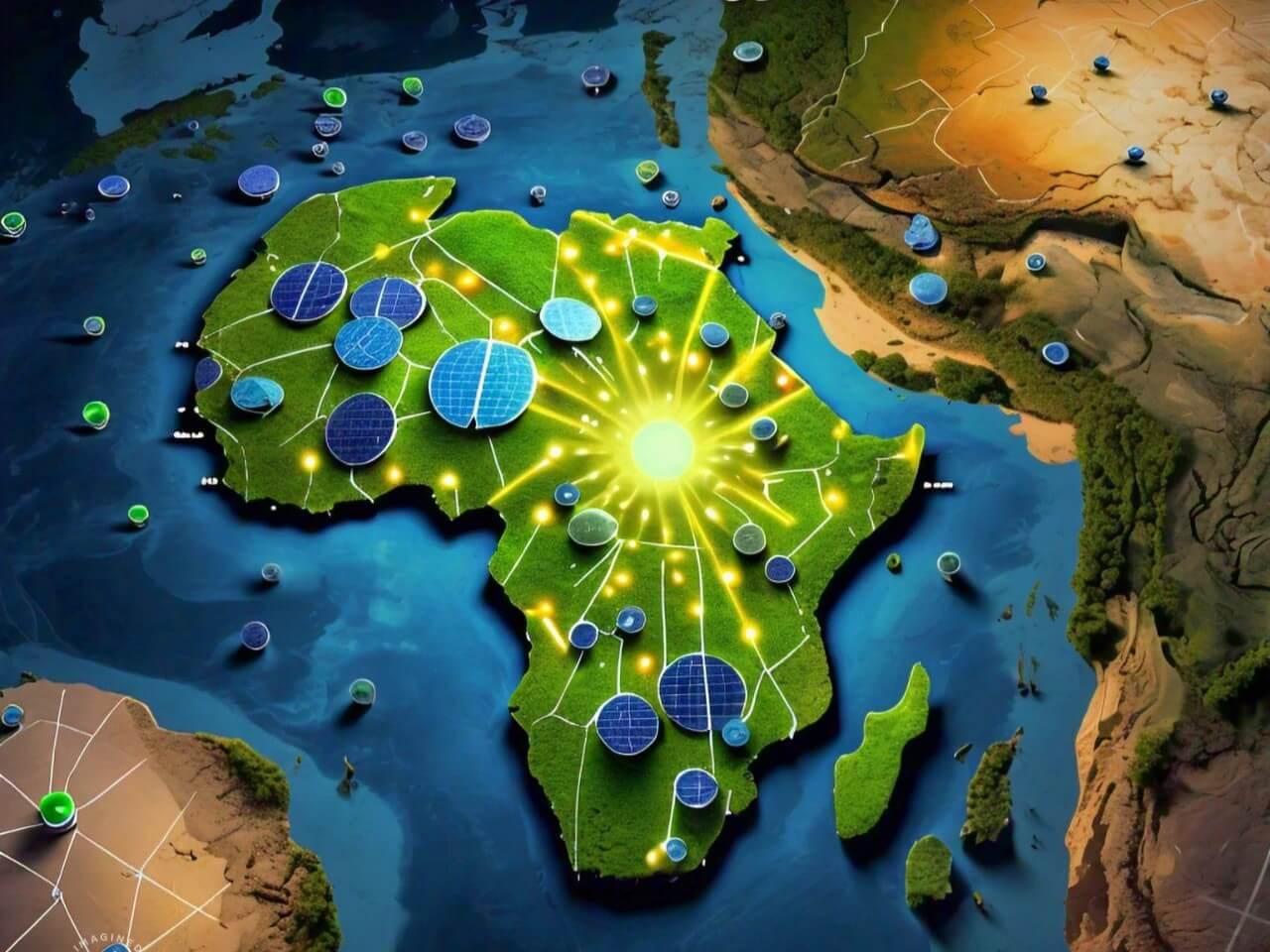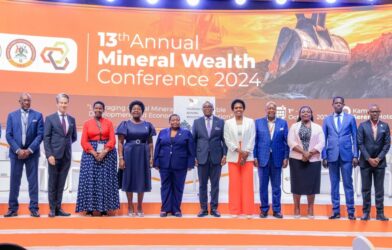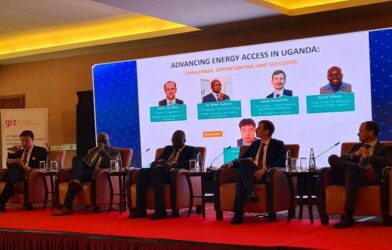By: Hashim Wasswa Mulangwa | Founder, CEO | BG Green – systems and solutions
A recent article by William Asiko, here posted on his LinkedIn profile, argues that Africa should stop projecting itself as a victim of climate change and instead position itself as a leader in the global response to building low-carbon and climate-resilient economies. I have been a keen follower of Mr. Asiko’s consistent arguments. While fostering a positive narrative is commendable, it is crucial to recognize that Africa is indeed a victim of climate change. This acknowledgment is vital for mobilizing the necessary resources to address the climate crisis effectively. Mr. Asiko is a respected development practitioner, working for an influential foundation that has invested substantial resources in various sectors across Africa, including climate change interventions, making his view worth debating.
This article responds to Mr. Asiko by discussing why Africa’s victim status, grounded in scientific evidence and current vulnerabilities, is not disempowering but rather a call to action for equitable climate solutions.
The science of climate change is clear about how human-induced activities have driven the accumulation of greenhouse gases (GHGs) in the atmosphere, leading to an increase in Earth’s temperatures and devastating impacts on both human and natural systems. Fossil-fuel-heavy economic development paradigms pursued over the last hundred years, and intensified over the last 50, are responsible for the Earth’s warming. From this perspective, it is factual that developed countries bear the primary responsibility for creating the climate crisis, with implications for current and future generations. Developing countries have contributed only one-fifth of GHG emissions since the industrial revolution but will bear four-fifths of the costs related to climate impacts. So, while Africa is indeed a victim of the climate crisis, this does not mean we lack agency.
The Intergovernmental Panel on Climate Change (IPCC) has extensively documented how current and future climate risks are affecting various regions, with Africa being one of the most vulnerable. The World Bank warns that nearly 200 million people in Sub-Saharan Africa are exposed to increased water stress, and yields from rain-fed agriculture are projected to decrease by 50% by 2030, severely impacting food security in a region where two-thirds of the world’s poor live.
Africa’s vulnerability to climate change is exacerbated by its weak adaptive capacity. Adaptive capacity refers to the ability of systems to cope with climate effects and is driven by economic assets, technology, equity, human capital, and institutional strength. The estimated cost of adaptation for African countries is between 5-10% of their GDP. This financial burden highlights the urgent need for substantial support from the international community to enhance Africa’s adaptive capacity.
Mr. Asiko is right to highlight Africa’s potential to use this crisis as an opportunity to leapfrog and provide solutions to address the climate crisis. Young Africans are at the forefront of these innovations, building credibility and empowering local communities in carbon markets, developing tech platforms that provide traceability and mapping capabilities to support climate resilience in agriculture, and more. I have seen these innovations both in my previous role as an impact investor at the Global Innovation Fund and in the advisory work we do at BG Green Systems and Solutions, where we help clients in agriculture, financial services, manufacturing, and energy to mainstream climate risk and strategic thinking in their business strategies.
While there is no shortage of innovative ideas in Africa and the developing world, there is a dire need for capital to de-risk these innovations and scale up those that have proven abilities. Scaling up these innovations means Africa must attract climate funding commensurate to the task – “billions to trillions,” as the current messaging in climate financing goes, to invest in both building the capacity of African countries to cope and adjust to the effects of climate change, as well as support low-carbon development pathways and transitions.
To attract this level of resources, the debate on climate justice, equity, and historical responsibilities for emissions and the costs of transitioning to low-carbon economies must continue to take center stage in discussions and negotiations around climate change. The Paris Agreement recognizes this historical responsibility and the injustice of climate change and clearly states that reaching the agreed-upon targets on mitigation (temperature limit 1.5C-2C) and adaptation depends on providing financial flows to developing countries to finance low-carbon and climate-resilient development (Article 2.1c of the PA).
Informing these debates are pertinent questions around who pays for the costs of adaptation to current and future climate shocks and the cost of transitioning sectors into low-energy-intensity production processes. The cost of technology and innovation needed to facilitate new, greener pathways to economic growth and development is also significant. READ FULL ARTICLE !














Comments are closed